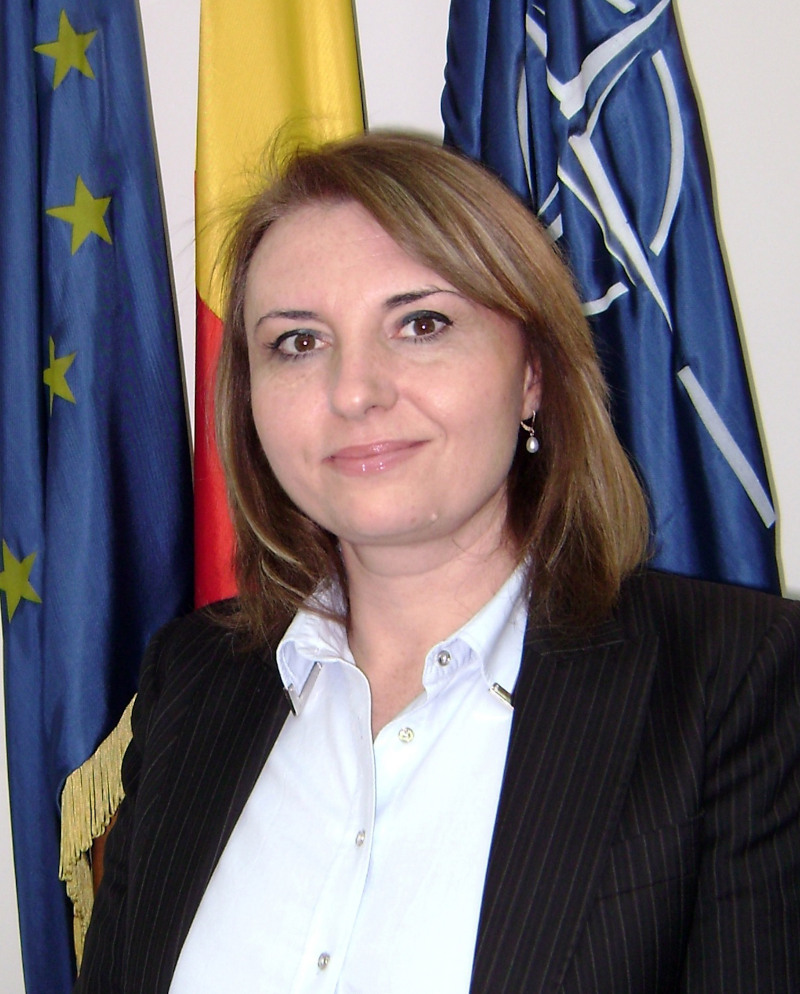
As Romania takes over the rotational Chairmanship of the South-Eastern Europe Defence Ministerial process in July 2023, the regional instability, generated by Russia’s war of aggression over Ukraine, represents a challenge that we can overcome only together. This is the third time when Bucharest assumes the SEDM Chairmanship and we are ready and determined to continue our joint efforts of further enhancing the security and stability in South-Eastern Europe.
The SEDM Process can be instrumental in strengthening regional cooperation aimed at developing regional stability. It provides a valuable political and military framework, it shapes mentality and promotes cooperation among states which share common security objectives. It lies in our responsibility to make the best use of it. It is time to boost the potential of this initiative and the only way is together.
As a NATO and EU member, Romania views SEDM as a natural expression of neighbors working together in order to increase their common security prospects, in a complementary approach with the above, sharing the very specific features of our regional security for a much needed comprehensive awareness.
The Romanian Chairmanship will continue to work to enhance the effectiveness and relevance of the SEDM initiative as an important regional defence cooperation platform. Romania will constantly support the efforts of SEDM’s adaptation in order to allow the initiative to remain fit for its purpose.
To this end, I would like to assure you that Bucharest’s Chairmanship strongly aims to enhance the South-Eastern Europe Brigade (SEEBRIG)’s interoperability and capabilities in order to promote regional security and offer a common regional effort that can be integrated into NATO’s and EU’s initiatives in the area. We aim to raise to the importance of the 25 years that the signing of the Multinational Peace Force South-Eastern Europe (MPFSEE) Agreement is celebrating in 2023.
The Coordination Committee’s management of all projects within the framework of SEDM and the Political-Military Steering Committee’s ability to provide policy guidance for SEEBRIG functionality will be critical to achieving Bucharest’s Chairmanship objectives during my tenure.
Our Chairmanship slogan: Resilience, Commitment, Stability is the inspiration resulted from two tenures of the SEDM rotational presidency (2001-203, 2013-2015) and hosting of the SEEBRIG HQ in Romania (2003-2007), from the work in practice throughout the years, but also combined with the lessons that international community had to learn during the dramatic changes of the international security realm of 2022. Romania is taking up the Chairmanship of SEDM in challenging times for the security and stability of South-Eastern Europe, resilience being instrumental in complementing the commitment to achieve and preserve stability.
The priorities of Bucharest Chairmanship are, as follows:
- increase the profile and relevance of the SEDM by reviving the initiative through attracting more active engagement in the existent projects and identifying new ones in fields relevant to the current strategic context;
- further enhancing the project-oriented approach of the initiative and ensuring continuity and substantial progress in the implementation of the set objectives;
- further developing the political-military dialogue within the initiative with the aim to generate purposeful and practical ideas to contribute to the strengthening of the SEDM initiative;
- increasing the South-Eastern Europe Brigade (SEEBRIG)’s capabilities with the aim of participating in missions and operations, including by accelerating the entering into force of the Sixth Additional Protocol to the MPFSEE Agreement, which will lead to increasing SEEBRIG interoperability;
- substantiating the interaction of SEDM with NATO, the EU, UN, and OSCE, by promoting SEDM projects, objectives and tangible proposals for cooperation;
- preserving the open door policy of the SEDM, with the double benefit of strengthening the initiative and a result-oriented cooperation to the benefit of the individual states;
- supporting, in SEDM context, the Republic of Moldova, Ukraine, Georgia and the Western Balkan states on their path to European integration.